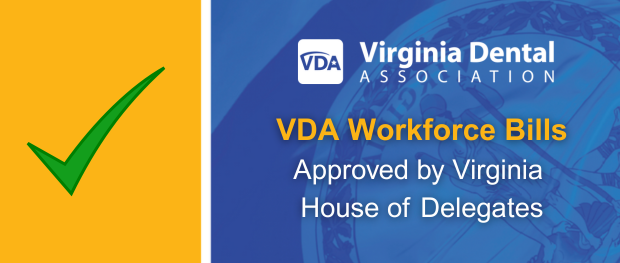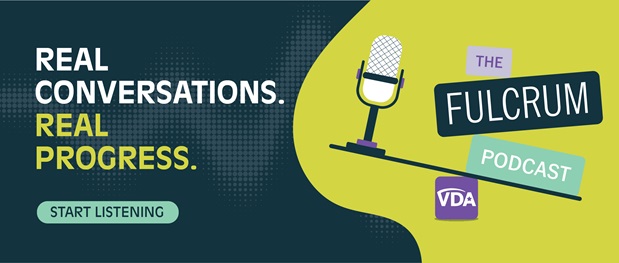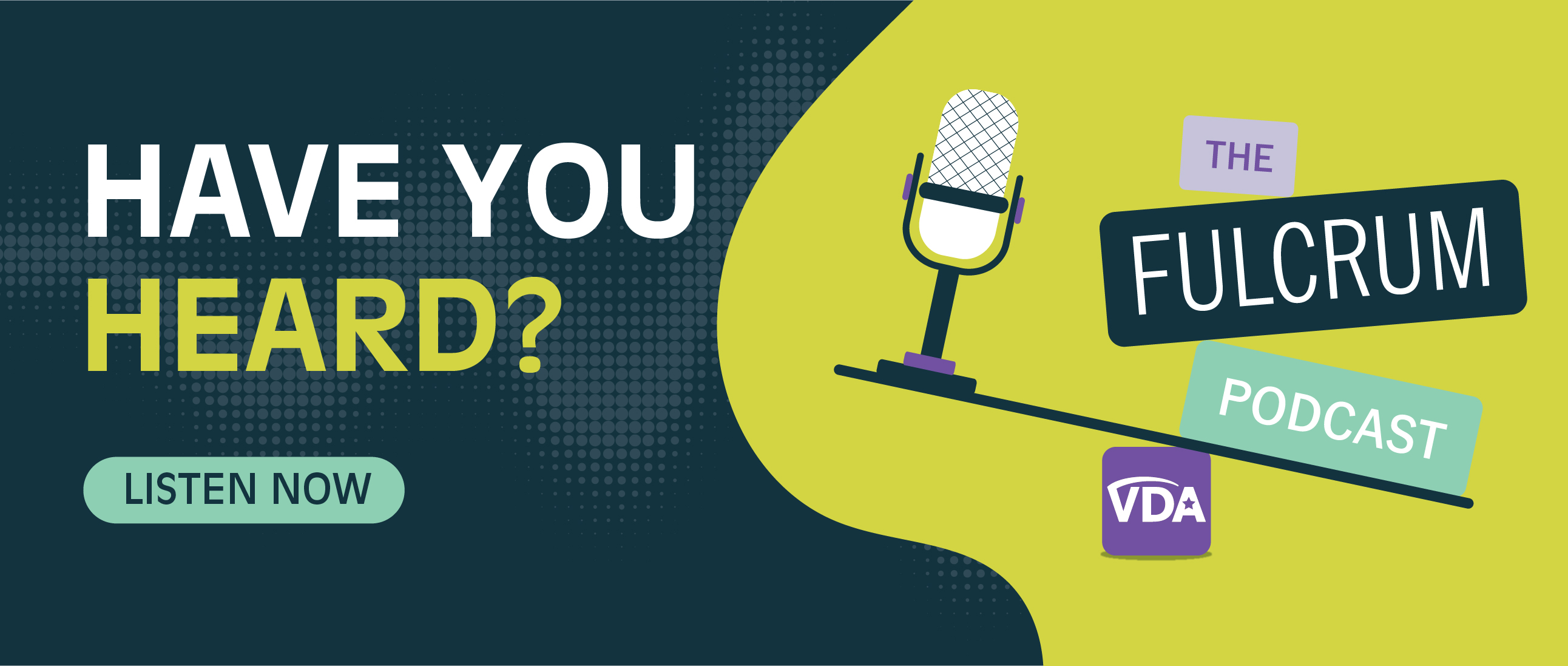Options to Negotiate Payment Plans for Overdue Patient Accounts
When speaking with your patients about making payment on their overdue account, it's important to keep control of the conversation at all times. (The example below works on the phone and in person.)
ASKING FOR MONEY IN THE BEST MANNER IS A THREE STEP PROCESS:
- Sympathize: (shows compassion) "I know how you feel Mrs. Smith, that happens sometimes." (This will defuse any possible anger and catch them off guard)
- Remind the debtor of their obligation: (when the money was due), "Mrs. Smith, your account was supposed to be paid on (original due date). (This can possibly cause a little guilt on their behalf and have them realize you are right in asking for the money…and they are wrong for not paying it or calling you if they couldn’t.)
- Ask them:
- “Mrs. Smith, will you be in today or tomorrow?”
- “Mrs. Smith, will you be paying with cash, check, or credit card?”
- “Mrs. Smith, of the $200 that is now due how much are you short?”
If they say they are short half, "Okay Mrs. Smith, let’s do this, I'll need the $100 you have now. I’ll mark it on my calendar that your next payment should be here on (date). Now, how much time do you think you’ll need to take care of the balance? Do you get paid weekly or bi-weekly?
If they say they are short the whole amount that's okay too because you are still in control of the conversation and you now dictate payment terms.
A weekly or bi-weekly payment plan is better than a once a month payment.
Ideally, it’s best to get a credit card from the patient and their permission to charge $X.00 every week or every other week. That way the patient doesn’t have to remember to contact your office to make a payment.
When a payment plan is in place you should send an email and/or letter with the arrangement details. That way there is written proof of what terms and time frame were agreed to.
HOW NOT TO ASK…
Here are the top three natural responses when asking for money, and the patient says they can't pay the bill in full. However, these answers are NOT what you want to say:
- How much can you pay?
- When can you pay?
- Can you pay something?
NOTE: This gives control of the conversation to the patient, which enables them to give you ridiculous answers such as “I can pay 5 or 10 dollars a month” (which you can hear even if the balance owed is in the 4 figures).
Instead tell them what you are willing to accept in the form of two options i.e. “I can either settle your account for $X in the next 30 days or you can start making payments of $X per month for 3 months.”
This is important because now the patient is making a decision about which payment option is better, not whether or not they should pay at all (that's sales 101 - offer an alternate of choice).
At this point the patient may make a counteroffer. This is good since you are now negotiating payment.
You can then come up with a fair and agreeable solution for both of you.
Have a staff meeting to discuss what the payment plan protocols for your office will be so they know what terms they can and cannot accept during the patient negotiations
Brian White is a District Sales Agent and 20-year veteran with TSI. TSI provides dental practices with 1st and 3rd party solutions to increase cash flow by diplomatically recovering on slow paying and past due patient accounts as well as outstanding insurance claims. To set up a quick discovery call go to calendly.com/brianwhitetsi, email brian.white@transworldsystems.com or call 703-556-3424.









